Retrofuturism in Fallout
The fallout setting is based on a world that Diverged from ours in some very important points. The aesthetic of the world is that of the United States during the 50s and 60s, but it's Technology is that of a future filled with Fussion Reactors, Advanced Robotics, Laser and Plasma rifles and advanced suits of military armor that makes titans out of soldiers. Cars might appear to be working using petrol but most of them have fusion cells and the radio plays Frank Sinatra and it is outfitted with
The World Before the Great War
The world is home to hovering housecleaning robots, and the use of laser guns is the norm. Automobiles look like Motorama concept vehicles from the 1950s: massive tail-finned and chromed behemoths, yet powered by nuclear fusion engines. While there are many desktop computers similar to our own (albeit on par with those which became commercially available in the late 1970s, with primitive graphics and apparently tiny memory capacities), the major computers are still giant banks of machines using reel-to-reel tape storage (the pinnacle of these models, the ZAX series, is more powerful than our universe's supercomputers). Clothing styles, architecture, building interiors, and furnishings remained heavily influenced by the culture of the American 1950s, and popular styles of this period such as art deco and futurism remained prevalent. Posters and signage also largely hearken to this decade.

Instead of working to develop miniaturized electronics and "green" technologies, post-World War II humanity in the Fallout universe invested its technological efforts in massive supercomputers (e.g., ZAX supercomputers), further harnessing the atom, inventing compact nuclear fusion power generators and an enhanced and miniaturized form of nuclear fission, as well as more advanced robotics, cybernetics, and genetic engineering than we currently possess in our universe. This meant that things like power armor and laser weaponry could be built, as well as a large number of housekeeping robots used by many Americans before the Great War. Many such power sources continue to function hundreds of years after their construction.

An antagonistic, paranoid view of communism, common to both worlds during the 1950s, remains a part of everyday North American life in the Fallout universe. For example, Liberty Prime in Take it Back! proclaims, "Death is a preferable alternative to communism!", a play on the anti-communist slogan of the 50's "Better dead than Red!" Anti-communist propaganda also appears to be widespread in American popular culture, including video games (e.g., Red Menace) and comic books (e.g., Commie-Kazi vs. Manta Man).
Entertainment
Radio, rather than television, remains the most common mass media, and food products are based on those popularized in the TV-dinner era (boxed macaroni and cheese, canned meat, Salisbury Steak TV dinners, etc.). Radio stations mostly play mid-20th century American classics by artists such as The Ink Spots, Bing Crosby, or The Andrews Sisters, though this could be partially explained by the fact that most surviving songs are from the 40s and 50s, as very few Pre-War recordings after this period are known to exist. Mid to late 20th century music and artists also exist or are otherwise referenced, such as Elvis Presley, Elton John,[1] as well as Take Me Home, Country Roads.
Contemporary 2070s singers like Vera Keyes and Dean Domino would get their start recording on holotapes rather than vinyl records, and their music, as well as posters for other pre-War acts like Danny Parker and Paul Clooney suggest that genres associated with the 1950s in our timeline either remained popular up until the War, or had experienced a resurgence in the preceding years.
U.S. Politics

The United States changed drastically after the divergence of the timelines, evidenced by the American flag. In 1969, the 50 states were consolidated (and in California's case, split up) into 13 commonwealths, although it appears that the states themselves retained some degree of sovereignty or political autonomy, judging by the Nevada state flag outside of Doc Mitchell's house (as well as the various license plates that are adorned with state names rather than commonwealth names). However, this could be seen as a way to make organizing the license plates much easier, as merging three states into commonwealths would lead to three duplicate plates.
World Politics
The Soviet Union is still a political entity by the time of the Great War. In our world, the U.S.S.R. was dissolved in 1991, with Russia and the various Soviet republics becoming independent nations once more. It appears as though when the Great War happened, the Soviet Union and United States were at least neutral with one another. However, the Soviet Union's influence on the world was greatly diminished over the decades, being eclipsed by China as the leader of international communism.
The People's Republic of China still resembles the China of our world during Chairman Mao's rule, and it seems that the country never experienced the liberalization and free-market reforms that it did in our world after rapprochement occurred between the United States and the Beijing government in the 1970s. Nevertheless, China would become a major military and scientific leader on the world stage, and was the closest competitor to the United States.
The European Commonwealth is referred to as a unified country. While in real life the European Union unifies many European countries, it largely handles economic concerns and trade relations between member nations. Which nations were incorporated to the Commonwealth is unknown, but supplementary material treats western European nations like Italy, France and the United Kingdom as part of the Commonwealth. The Commonwealth invaded the Middle East as part of the Resource Wars, hoping to seize their oil reserves. The exact tempo of the war is unknown, but the war ended in 2060 when the Middle Eastern oil reserves ran dry, and the Commonwealth withdrew without anything left to fight over. The Commonwealth then immediately dissolved into what is referred to as the "European Civil War" that lasted until the Great War.


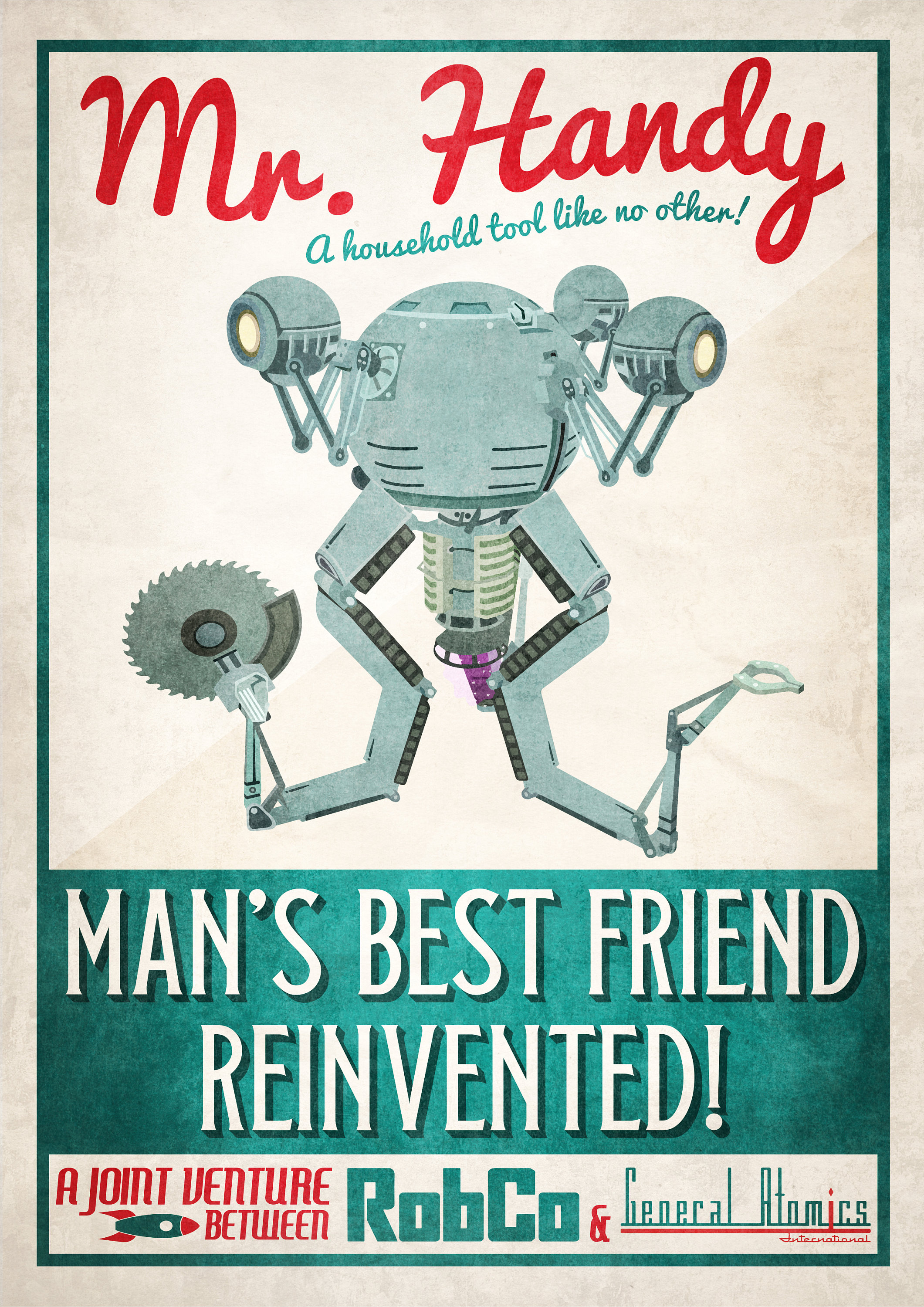

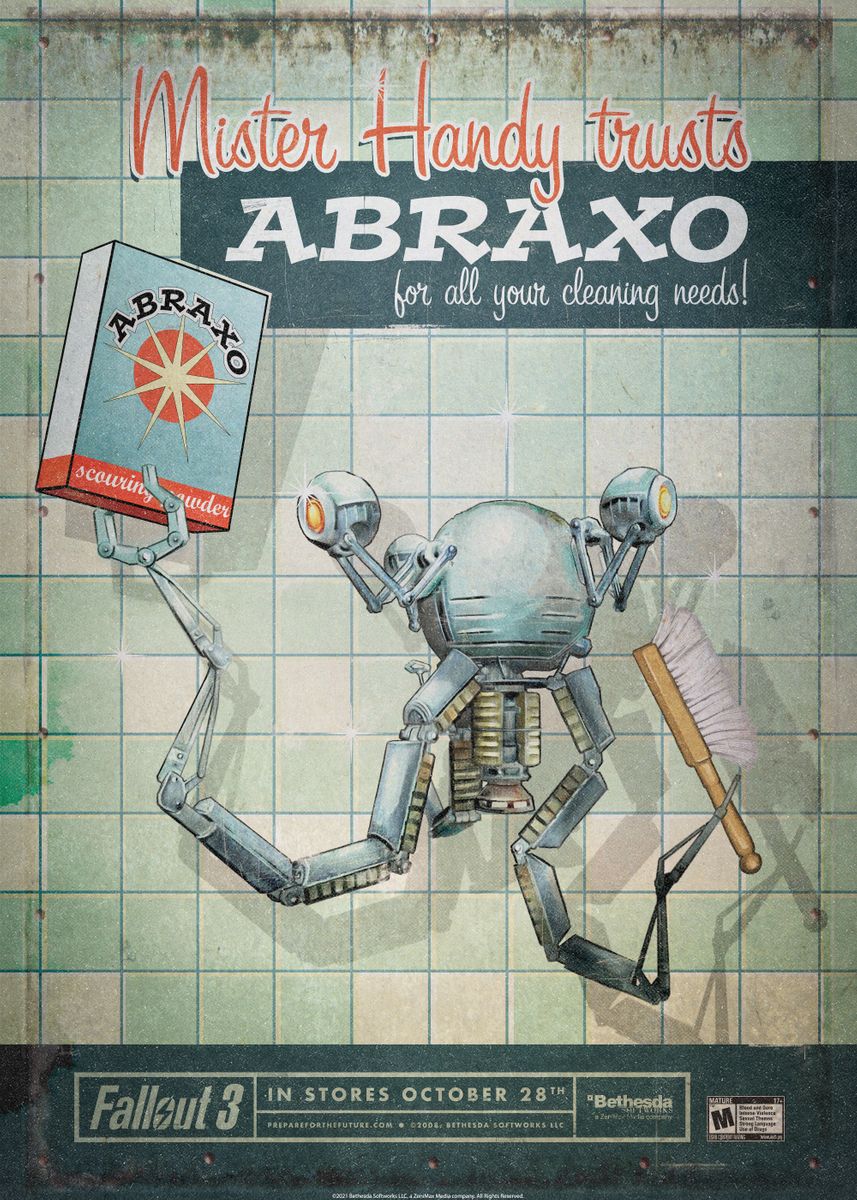

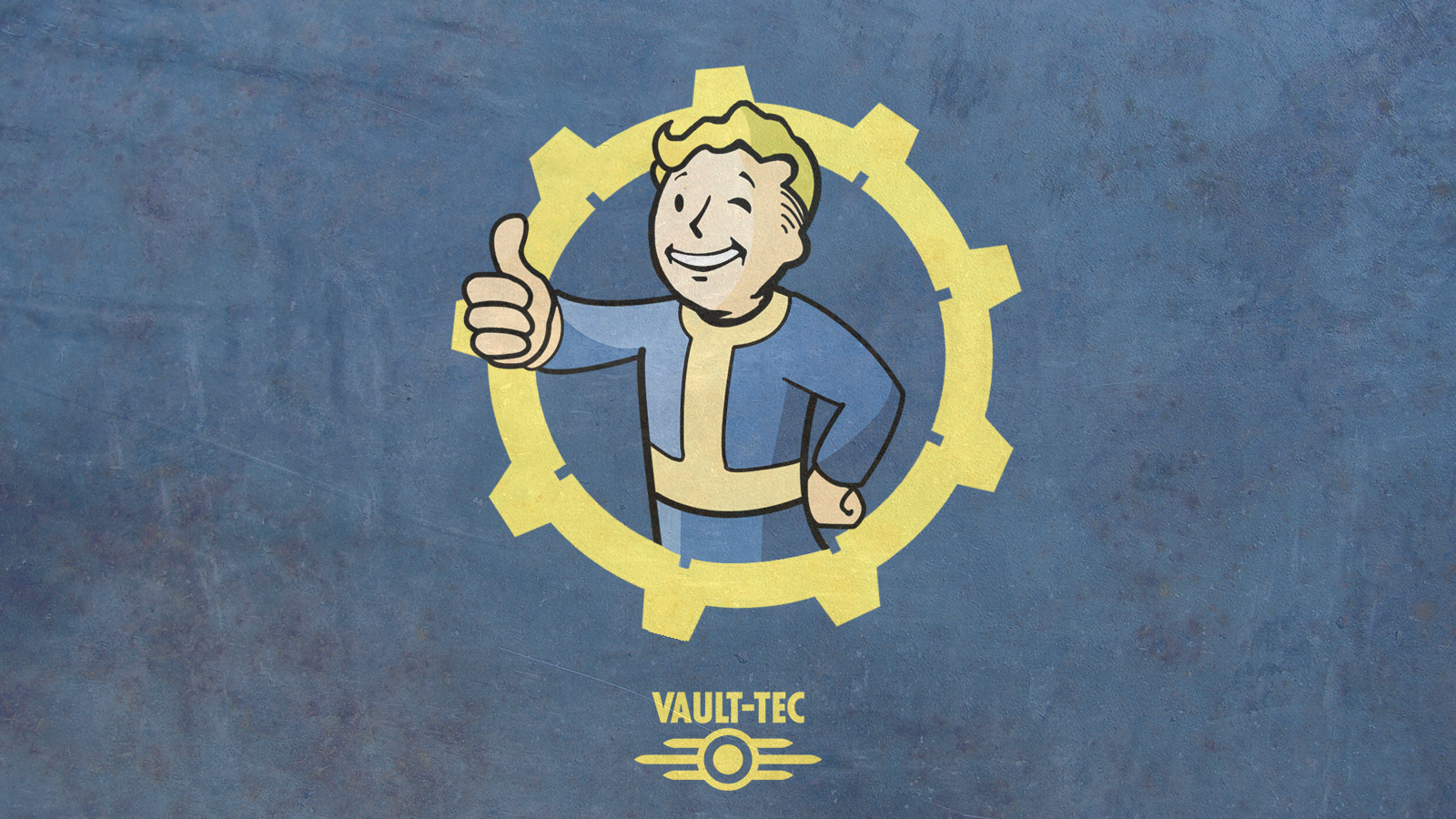

Comments